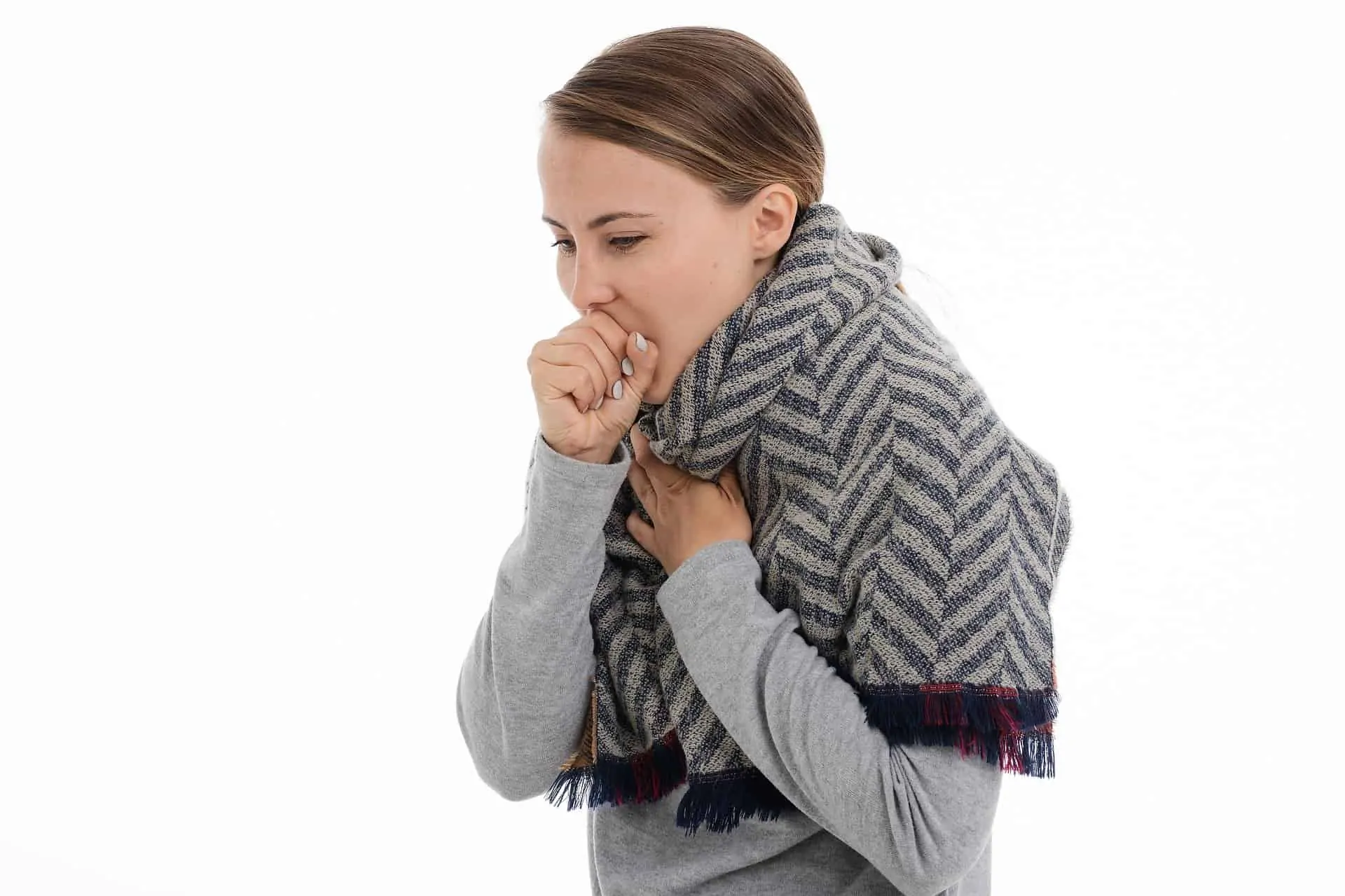
Parkinson’s disease may cause difficulty swallowing (Dysphagia). Food may go into the lungs – this is called Aspiration. The decrease in swallowing saliva may also cause drooling.
These problems are particularly severe in a disease called Progressive Supranuclear Palsy (PSP). Although PSP is slightly different than Parkinson’s disease, all the information given here is helpful if you have PSP.
| Parkinson’s Problems discussed in this article |
|---|
| 1. Swallowing difficulty (Dysphagia) 2. Aspiration 3. Drooling |
It is absolutely critical to recognize these problems. Aspiration in particular can cause a life-threatening bad lung infection (Aspiration Pneumonia).
Although drooling is not life thereatening, some Parkinson’s patients report that drooling is one of their most inconvenient problems.
Table Of Contents
- Is difficulty swallowing (Dysphagia) common in Parkinson’s disease?
- How does Parkinson’s cause Aspiration?
- Why does Parkinson’s disease cause Drooling?
- In Parkinson’s disease, how is swallowing difficulty (Dysphagia) & Aspiration treated?
- How is drooling in Parkinson’s disease treated?
- Summary
- Dr. Siddharth Kharkar
- NeuroPlus Epilepsy & Parkinson’s Clinic – Dr. Kharkar
Is difficulty swallowing (Dysphagia) common in Parkinson’s disease?
Yes.
Many patients with Parkinson’s disease may complain of difficulty swallowing. The medical term for swallowing difficulty is “Dysphagia”.
In milder cases, you may just have the feeling that food gets “stuck” in your throat. Some patients may report that they have a feeling of their “throat closing” when they try to swallow.
In more severe cases, you may tend to choke on your food if you try to swallow it too quickly.

How does Parkinson’s cause Aspiration?
Our mouth connects to two pipes: The food-pipe (oesophagus) and the windpipe (trachea).
When we are swallowing, the muscles in our throat move rapidly. They close the wind-pipe and make the food-pipe bigger, so that food goes into the food pipe.
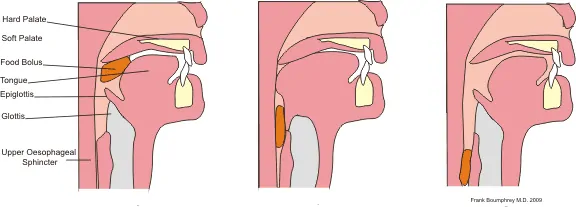
These movements become slow in Parkinson’s disease – as a result, food may go into the wind-pipe instead and end up in the Lungs. Food going into the lungs is called “Aspiration”.
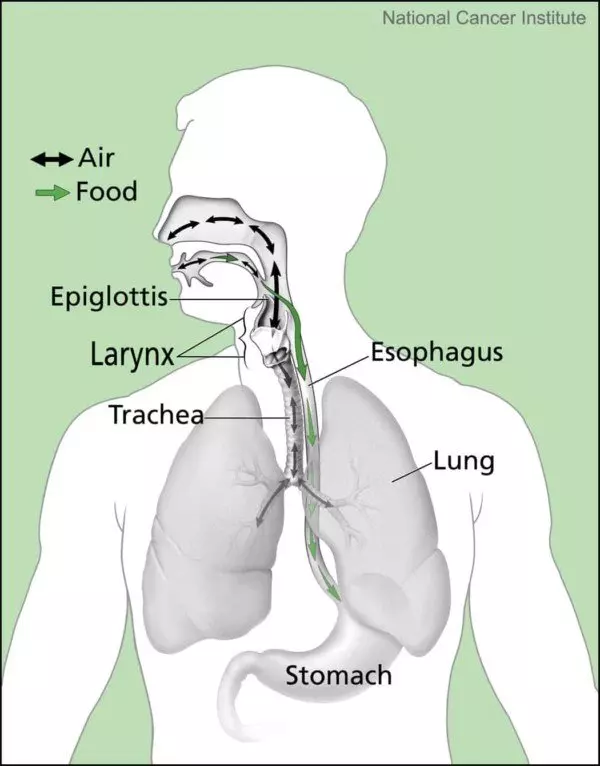
When a small particle of food goes into the wind-pipe, we gag & start coughing vigorously to throw the particles out. These are called the “Gag” and “Cough” reflexes.
Food can go into the wrong pipe often in Parkinson’s patients (see above). Therefore they frequently cough while swallowing food.
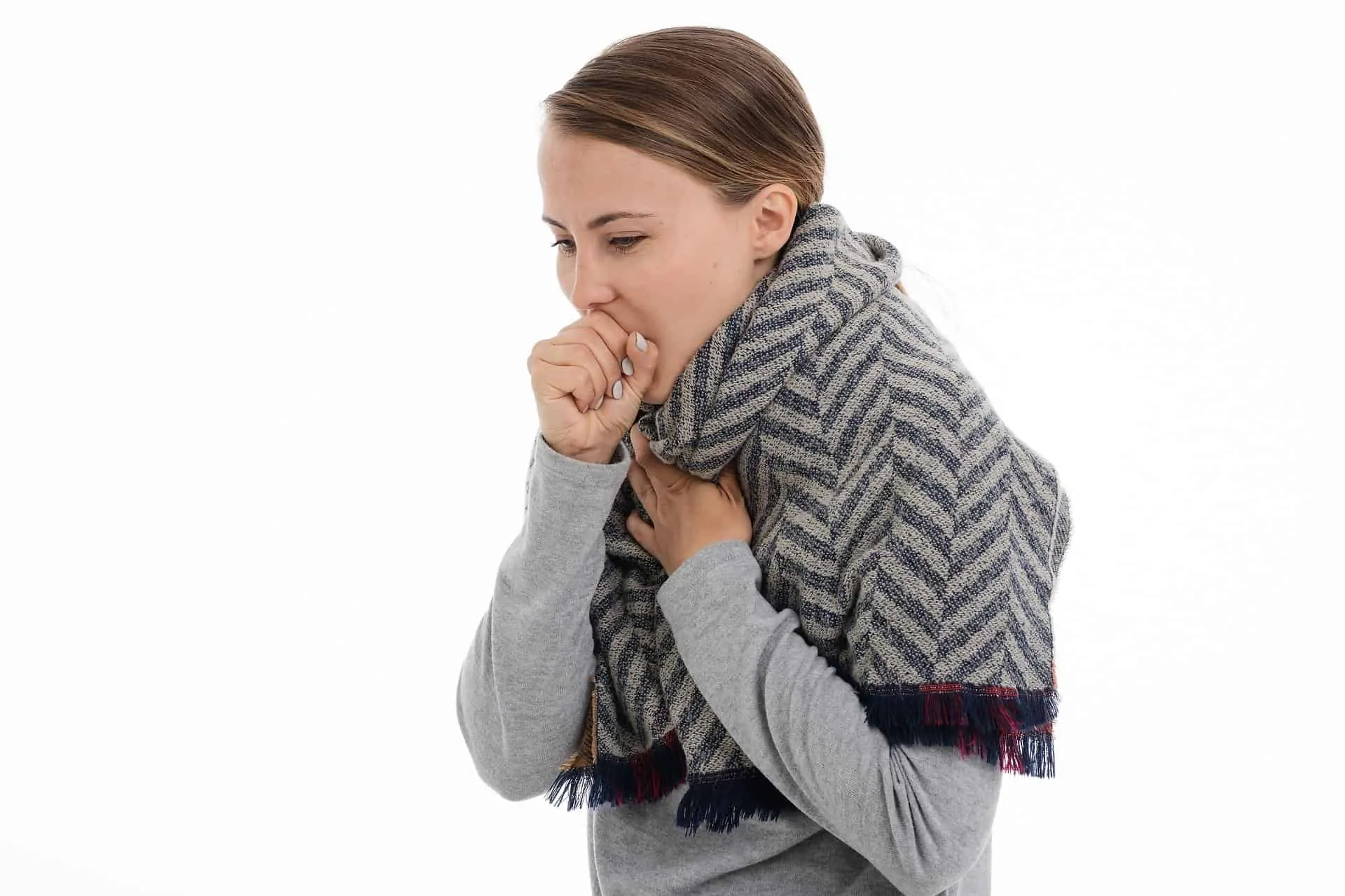
But the condition becomes even more problematic in advanced Parkinson’s disease.
In advanced Parkinson’s disease, there may be no coughing even when particles are entering the windpipe. This is dangerous!
Thus, particles of food may repeatedly go into the lungs of Parkinson’s patients without them noticing it. This is called “Silent Aspiration”.
Why does Parkinson’s disease cause Drooling?
Saliva is produced by small glands around our mouth, called “Salivary glands”.
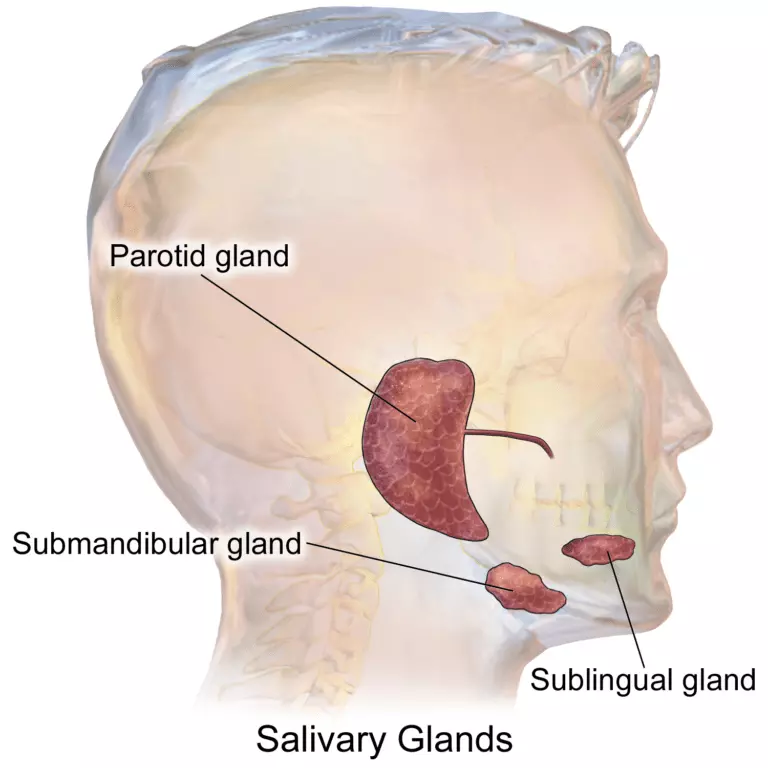
It is a common misconception that Parkinson’s patients have drooling because they are producing too much saliva. In fact, multiple studies have shown that most Parkinson’s patients produce less saliva.
Our salivary glands continuously produce saliva, even when we are not eating.
Normally, we automatically swallow this saliva, through small gulps that we don’t even notice.
But in Parkinson’s disease, there is a marked decrease in all automatic movements, including automatic swallowing.
Therefore, saliva accumulates in the mouth. When the mouth is full, it drips out. We call this “Drooling”.
Let’s talk about treatment…
In Parkinson’s disease, how is swallowing difficulty (Dysphagia) & Aspiration treated?
If your Parkinson’s is causing dysphagia, the following things are helpful in preventing aspiration.
A speech-swallow therapist evaluates how your muscles move while swallowing. They can teach you important exercises to improve swallowing difficulty (dysphagia) and prevent Aspiration.
Click here for an excellent video by a speech & swallow therapist:
Speech therapists specially trained in Parkinson’s can teach you exercises such as Expiratory Muscle Strength Training (EMST) or Lee Silverman Speech Therapy (LSVT) or LOUD therapy.
These specialized training sessions are tremendously helpful in improving voice. But these exercises also make swallowing easier.

As described earlier, swallowing is a series of movements. These movements are slow if you have Parkinson’s disease.
In many (but not all) patients Levodopa can make these movements rapid again.
If your movement problems are adequately treated, then the movements of your swallowing muscles may also improve dramatically.
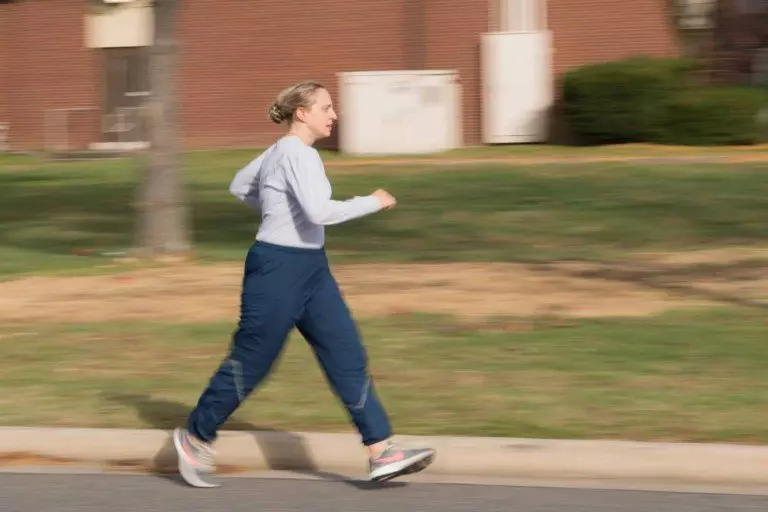
It is not just levodopa – any medication that improves your movements may improve dysphagia caused by Parkinson’s disease Proper movements of the lips, jaw, tongue and throat reduce difficulty swallowing & reduce the risk of aspiration.
Although these tips are not a substitute for evaluation and training by a speech-swallow therapist, I think following these instructions will be very helpful for you.
- Try to avoid very hard foods: These are difficult to chew and grind. If you try to swallow larger chunks of food, you may find it difficult. For example, try to avoid hard fruits like green apples. How do you get your fibre then? Well, you can still eat these foods by putting them through an electric mixer first to make a smoothie! (Click here).
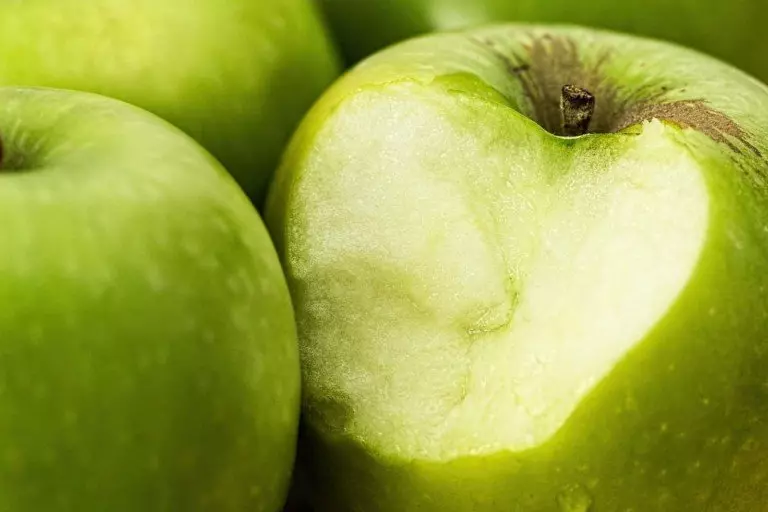
- Put small portions of food in your mouth: This makes it easier for you to chew and grind them up adequately.
- Chew food adequately: If needed, you can count the number of times that you chew your food – Chew each piece of food that you put in your mouth at least 20 times before trying to swallow it.

- Sit upright while eating: Make gravity do your work! Sitting upright while eating helps your food pipe to dump the food into your stomach. Never have food while lying down in bed.

- Make sure your mouth is empty before taking another bite: Once you think you have finished swallowing, use your tongue and move it around your mouth to make sure there are no un-swallowed masses of food in your mouth. If needed, use your finger for this purpose. It is always better to be careful.
How is drooling in Parkinson’s disease treated?
There are two things you can do to decrease drooling.
You can either reduce the amount of saliva produced, or you can increase automatic swallowing.
Saliva can be reduced by a number of medications called “Anticholinergics”. These include medications such as Glycopyrollate, hycosamine etc.
These medications tell our salivary glands to decrease saliva production.
Some of these medications are also available in convenient packages such as skin patches. A “Scopolamine patch” is a small sticky patch applied to the skin. It gradually releases a medication called scopolamine. It needs to be replaced every 3 days.
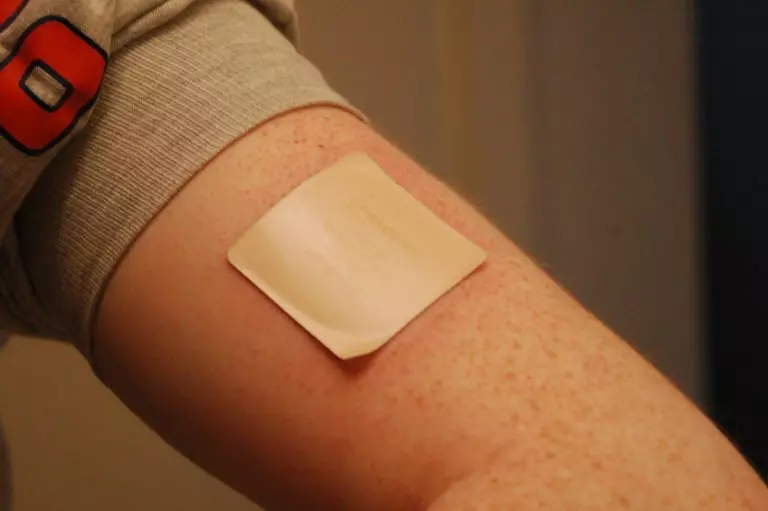
Actually, I am not a big fan of these medications. Anticholinergics can produce some nasty side-effects such as confusion and urinary retention (click here to learn more). Therefore, they need to be used carefully and at the lowest dose possible.
A much better alternative is botox (botulinum toxin) injections into the salivary glands. These injections markedly decrease saliva production, reducing drooling dramatically in many cases.
Here is a link to one of the numerous research studies that have demonstrated the safety and efficacy of botox injections for excessive drooling in Parkinson’s disease [External link: Lagalla et al].
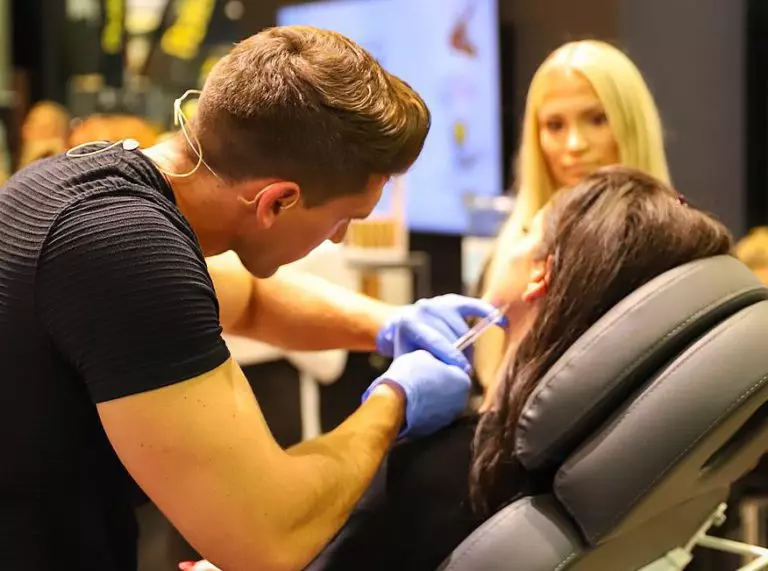
Botox injection into the salivary glands does not cause severe pain. It can be performed within a few minutes, in the outpatient department. There is no reason to get admitted.
Since such a small dose of botox is used, and very little of the botox goes into the bloodstream, there are usually no side-effects.
The only problems are that the injections are somewhat expensive & wear off after some time. They may need to be repeated every 3-6 months.
Drooling can also be decreased by all the techniques we have discussed before, including swallowing exercises and adequate treatment with medications.
Summary
- Parkinson’s disease causes our swallowing muscles to become slow & move less.
- This causes all 3 problems discussed here: difficulty swallowing (dysphagia), aspiration & drooling.
- Difficulty swallowing (Dysphagia) should be promptly evaluated and treated to prevent Aspiration.
- Swallowing exercises are very helpful to reduce swallowing difficulty. Simple precautions are also needed.
- Drooling is decreased by all the measures above. In addition, oral medications, skin patches and botox injections can be used to reduce drooling in Parkinson’s disease.
Caution: This information is not a substitute for professional care. Do not change your medications/treatment without your doctor’s permission.
